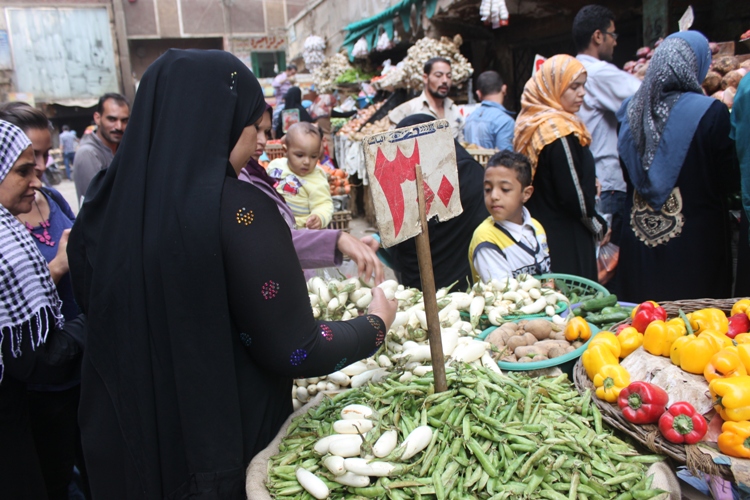
An official report issued by the Central Laboratory analyzing remains of pesticides and heavy elements in food have indicated an improvement in produce, resulting in a 4 percent decline compared to the previous year.
Results of analyzed samples over the past 10 months showed potatoes, green beans, cowpeas, onions, carrots and other vegetables free from traces of pesticides. Citrus and pomegranate were within limits allowed internationally.
Agriculture Minister Adel al-Beltagy said officials have decided to apply European standards in case no limits for pollutants were provided by the Codex Alimentarius Commission to guarantee safety and validity of food in the local market as well as that of imports and exports. More than 2,000 samples were taken from markets in 14 governorates, he added.
In press remarks on Monday, Beltagy added that programs have been carried out to analyze the samples taken from January until end of the year. The samples were taken from produce in the central markets as well as in villages. Officials take samples more than twice annually.
Meanwhile, Ashraf al-Marsafy, head of the laboratory, said the results of the samples from fruits and vegetables proved improvement in the remaining pollutants within the allowed limits. The results also indicate a decline in remaining pollutants from 10 to 6.2 percent, which is less than the internationally allowed limits. The laboratory, according to Marsafy, was certified by the European Union. No warnings were received from the EU over the results of samples of fruits and vegetables exported to Europe.
It has been decided to reduce costs of the samples analyzed by the laboratory for the sake of the exporters from LE1,000 to LE700 to encourage more exporting, Marsafy said. Remains of pesticides allowed in Egypt as well as other types of pesticides that were not licensed in Egypt or were smuggled from other countries are also being analyzed.
Edited translation from Al-Masry Al-Youm




